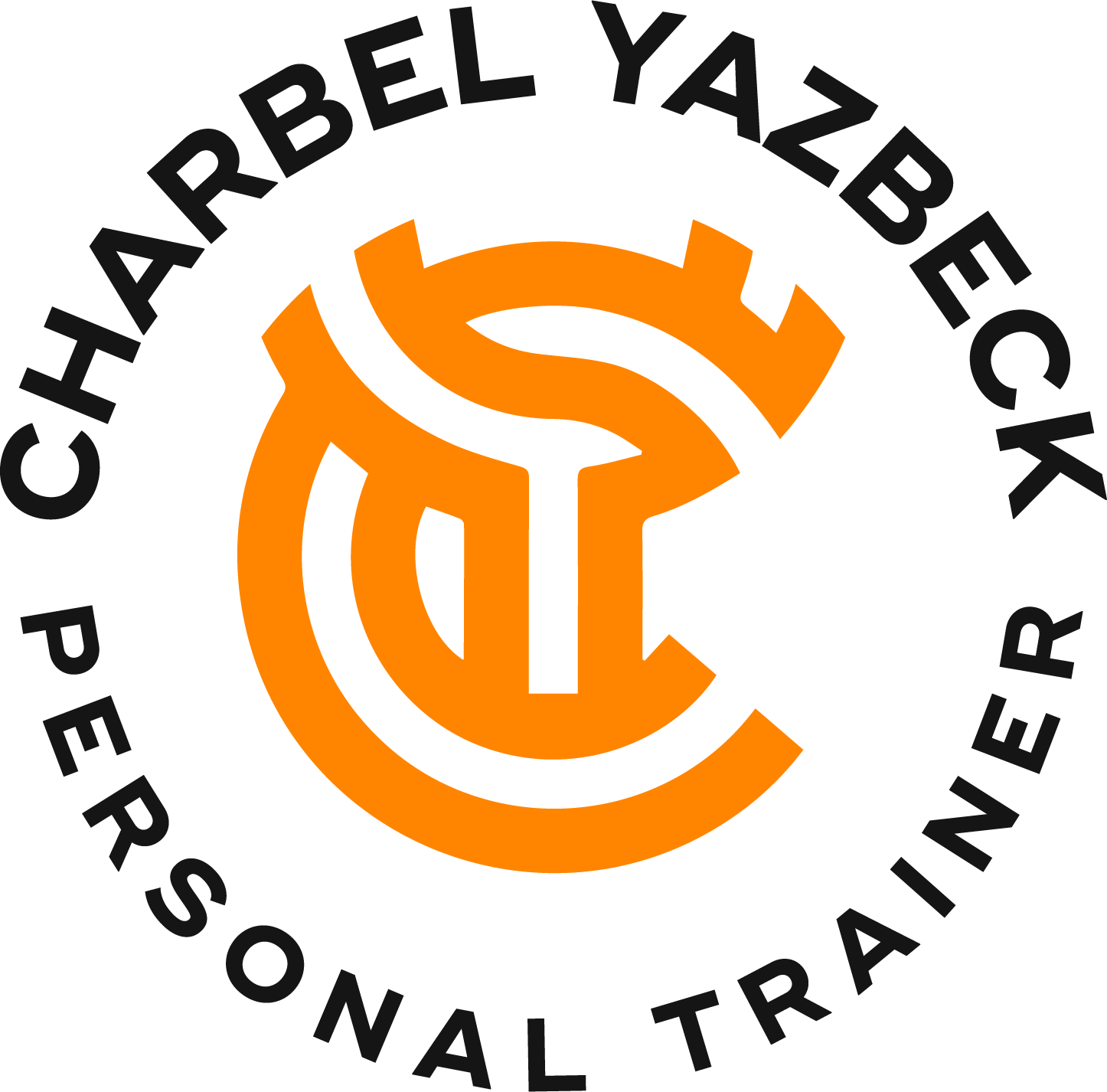In today’s fast-paced world, balancing a demanding career with personal health and fitness can be challenging. However, proper nutrition is essential for maintaining energy levels, mental clarity, and overall well-being. Here are some expert nutrition tips to help busy professionals fuel their fitness journey effectively.
1. Plan and Prep Your Meals
Meal planning and preparation are crucial for staying on track with your nutrition goals. Spend some time each week planning your meals and snacks, then prepare them in advance. This can include cooking large batches of food, portioning out meals, and having healthy snacks readily available. By doing so, you can avoid the temptation of unhealthy convenience foods.

2. Prioritize Protein Intake
Protein is vital for muscle repair and growth, especially if you’re engaging in regular physical activity. Incorporate lean sources of protein into each meal, such as chicken, turkey, fish, eggs, beans, and legumes. Protein helps keep you full longer and supports sustained energy levels throughout the day.
3. Incorporate Whole Foods
Focus on whole, unprocessed foods that provide essential nutrients. Fruits, vegetables, whole grains, nuts, and seeds should form the basis of your diet. These foods are rich in vitamins, minerals, and fiber, which are essential for maintaining energy and overall health.
4. Stay Hydrated
Dehydration can lead to decreased performance, fatigue, and difficulty concentrating. Aim to drink at least eight glasses of water a day, more if you are active or work in a hot environment. Keep a water bottle with you at all times to encourage regular hydration.

5. Healthy Snacking
Choose snacks that provide a balance of protein, healthy fats, and carbohydrates. Examples include Greek yogurt with berries, a handful of nuts, or sliced vegetables with hummus. Healthy snacks can help maintain energy levels and prevent overeating at meal times.
6. Limit Added Sugars and Processed Foods
Foods high in added sugars and processed ingredients can lead to energy crashes and weight gain. Opt for natural sources of sweetness, like fruit, and read labels to avoid hidden sugars in packaged foods. Minimizing processed foods can improve your overall health and fitness outcomes.
7. Mindful Eating
Practice mindful eating by paying attention to your hunger and fullness cues. Avoid eating while distracted, such as in front of the TV or computer. Take the time to savor your meals and enjoy the flavors and textures of your food. This practice can help prevent overeating and improve digestion.
8. Balanced Macronutrients
Ensure your meals are balanced with the right proportions of macronutrients: carbohydrates, proteins, and fats. Carbohydrates provide energy, proteins support muscle repair, and fats are essential for hormone production and cell function. A well-balanced meal helps maintain stable blood sugar levels and sustained energy.
9. Smart Eating Out
When dining out, make informed choices by opting for healthier menu items. Look for dishes that are grilled, baked, or steamed rather than fried. Ask for dressings and sauces on the side, and don’t be afraid to customize your order to meet your dietary needs.
10. Supplements When Necessary
While whole foods should be the primary source of nutrients, supplements can be beneficial in certain situations. Consider consulting with a nutritionist or healthcare professional to determine if you need supplements like multivitamins, omega-3 fatty acids, or protein powders to meet your nutritional needs.
By incorporating these nutrition tips into your daily routine, you can enhance your energy levels, support your fitness goals, and improve your overall health. Remember, consistency is key, and small, sustainable changes can lead to significant long-term benefits.
“Nutrition is the cornerstone of a healthy lifestyle. When you fuel your body with the right nutrients, you empower yourself to achieve greatness in every aspect of your life.” – Charbel Yazbeck
